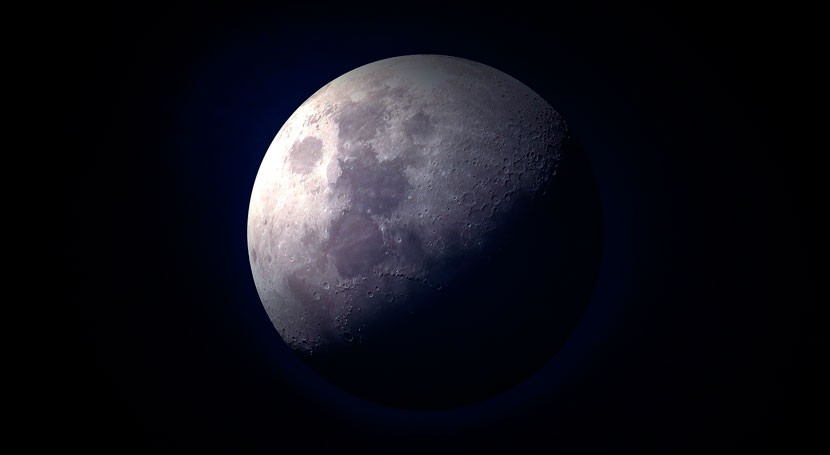
Whereas NASA is seeking partners for its Artemis Program, Russia and China are pursuing an agreement of their own. They call it the International Lunar Research Station (ILRS), and they too are looking for partners.

Lunar Gateway will be an orbiting habitat that will allow astronauts to make regular trips to and from the lunar surface. NASA has signed a contract with SpaceX to launch modules of the Gateway aboard a a Falcon Heavy rocket in 2024.

NASA has announced the names of the 18 astronauts that make up the Artemis Team. A select few, and some international partners, will be going back to the Moon. The next man and first woman on the Moon are among the names.

Thanks to China’s Chang’e-1 and Chang’e-2 lunar orbiters, the number of known craters on the moon’s surface is now more than a dozen times larger than the 9,137 craters that are officially recognized.

A Chinese probe has delivered the first samples to be collected from the Moon in more than 40 years. The Chang’e-5 sample return capsule floated down to the snowy plains of Inner Mongolia.

A Chinese probe transferred rocks it gathered from the moon to an orbiter on Sunday in preparation for returning samples to Earth for the first time in almost 45 years, the country's space agency announced.

China launched an ambitious mission on Tuesday to bring back rocks and debris from the moon’s surface for the first time in more than 40 years – an undertaking that could boost human understanding of the moon and solar system.

NASA has confirmed, for the first time, water on the sunlit surface of the Moon. This discovery indicates that water may be distributed across the lunar surface, and not limited to cold, shadowed places.

Both the Moon and Mars were volcanically active at one time and the result is lava tubes. A new study shows that lunar and Martian lava tubes might be enormous, and easily large enough to accommodate a base.

Where does the water on Earth come from? How was our Moon formed? And is there one single event that had led to the formation of both?

NASA recently announced the three companies that will be building lunar landing systems to take astronauts back to the Moon - SpaceX, Blue Origin, and Dynetics.

When the Artemis III mission lands on the lunar surface in 2024 - it will serve as a stepping stone towards the creation of a permanent human presence on the Moon, NASA hopes.
NASA unveiled new spacesuits that astronauts will wear on the moon and Mars. The suits are designed to outperform those used during the Apollo program.

India launched an ambitious robotic lunar mission named Chandrayaan 2 on Monday, targeting a touchdown near the lunar south pole on 6 September. The Chandrayaan 2 mission is India’s most daring space project to date.

A mysterious large mass of material has been discovered beneath the largest crater in our solar system - the Moon's South Pole - Aitken basin and may contain metal from the asteroid that crashed into the Moon and formed the crater.